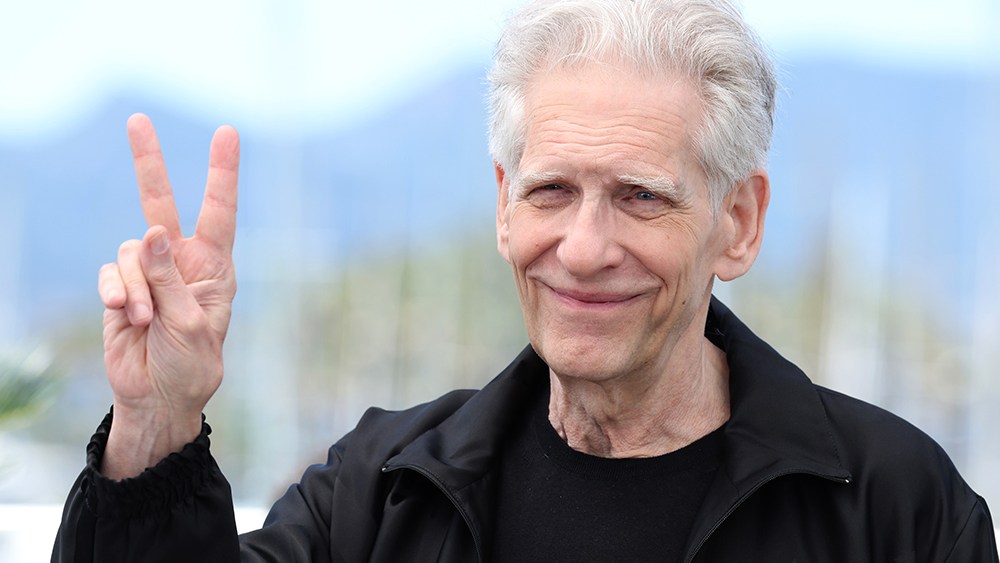Oscars Nominees Triggered the Brutalist AI Backlash

Understanding the Backlash Against AI in "The Brutalist"
David Cronenberg’s Perspective
Renowned horror filmmaker David Cronenberg has shared his insights regarding the strong criticism that arose from the use of artificial intelligence (AI) in the film “The Brutalist.” Cronenberg’s comments highlight a broader discussion about the growing integration of AI technology in the film industry and the reactions it provokes among audiences and industry insiders alike.
The Incident with AI Usage
In January, editor Dávid Jancsó revealed that AI tools were utilized to refine the Hungarian dialogue spoken by actors Adrien Brody and Felicity Jones. This revelation sparked considerable controversy online, particularly as “The Brutalist” was seen as a potential Oscar contender. Cronenberg, discussing this heated online debate at London’s Royal Festival Hall, suggested that the backlash transcended a mere moment of social media outrage. He hinted at a possible campaign against “The Brutalist” orchestrated by competitors in the Oscar race.
“I must confess, there was a scandal,” Cronenberg remarked. He pointed out that the controversy particularly involved Brody’s performance, with AI being used to enhance his accent. Cronenberg likened this backlash to previous industry scandals, hinting at the competitive nature of the Oscars and suggesting that rival nominees may have had a hand in stoking the controversy.
The Creative Use of Technology in Film
Cronenberg emphasized that manipulating voices and using technology in filmmaking is not a novel concept. He cited instances from his own career, such as adjusting the pitch of actor John Lone’s voice in “M. Butterfly,” to illustrate how filmmakers often use sound editing creatively. By enhancing or modifying an actor’s voice, filmmakers strive to achieve a specific artistic vision.
This practice of adjusting performances through technology has long been a part of film production, raising questions about the ethical implications of using AI in such contexts. Cronenberg believes that the reaction to “The Brutalist” reflects a misunderstanding of how film artistry has evolved over the years.
A Look at “The Brutalist”
Despite the controversy surrounding its creation, “The Brutalist” managed to achieve success at the 2025 Academy Awards. The film garnered three prestigious awards: Best Actor, Best Original Score, and Best Cinematography. These accolades underline the film’s artistic merit and indicate that, even amid criticism, it resonated positively with the Academy.
Broader Conversations about AI in Film
The backlash against “The Brutalist” is part of a larger conversation regarding the role of AI in the creative industries. As technology rapidly advances, filmmakers are exploring new ways to incorporate these innovations into storytelling. However, this exploration is met with skepticism and criticism from various stakeholders, including audiences, critics, and fellow filmmakers.
The integration of AI in film raises questions about authenticity, creativity, and the essence of human performance. While some argue that AI tools can enhance storytelling, others fear that reliance on such technology may dilute the human touch that is vital to filmmaking.
Final Thoughts
The discussion around “The Brutalist” serves as a reflection of the current state of the film industry and the ongoing debates about the use of technology in art. As filmmakers continue to navigate these challenges, the responses to their innovations will undoubtedly evolve, prompting further dialogue on the relationship between technology and creativity in cinema.






